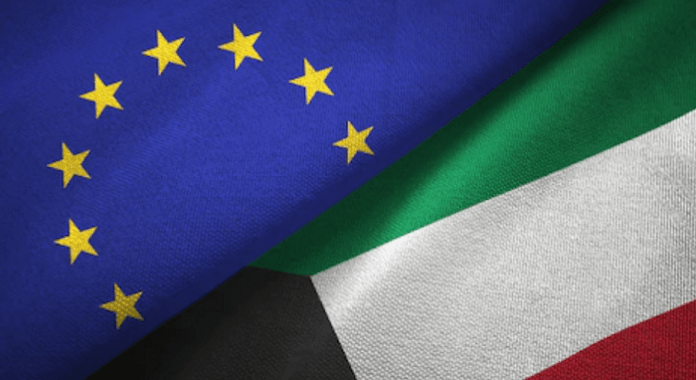Although at present having no operational nuclear power plants at their territory (Barakah NPP in UAE is expected to become operational in 2020), the Gulf cooperation council’s (GCC) Member states (MS) (Kingdom of Saudi Arabia, United Arab Emirates, Kuwait, Oman, Qatar and Bahrein) could, nevertheless, be affected by radiological or nuclear releases in neighbouring countries.
In such a case, the GCC MS authorities would need to decide on appropriate response measures to protect the population and environment. Recognizing that there is a lack of an integrated radiological monitoring and harmonized emergency preparedness, the European Commission is actively supporting the improvements in the GCC in these areas. The EC has now launched a project worth about 500,000.00 Euros, where one of the world’s leading decision support systems, JRODOS will be installed in the GCC’s Emergency Management Centre (EMC) in Kuwait.
JRODOS has been developed over the last two decades in a collaborative effort between the EU MS and the European Union (EU), through the EU’s framework scientific research. At present, JRODOS is the tool of choice for the decisions support for radiological emergencies in numerous EU MS and other countries internationally. Within the project, JRODOS will be customized for GCC conditions, initially for the State of Kuwait and then potentially for the entire GCC MS. JRDOOS centre at the GCC EMC will be created, including procedures and training for operators and administrators.
A long-term training plan will be established and the training material, including a Train-the-trainers’ course provided, to assure sustainability of the project’s results Upon conclusion of the project, the GCC EMC is expected to have JRODOS centre operational, capable of supporting decision-making for radiological emergencies. Furthermore, the project is expected to enhance regional cooperation including harmonization of emergency response measures across the GCC.
Extensive Emergency Preparedness & Response (EP&R) experience in the EU including, in particular, regional cooperation that has been achieved in the EU serves as a text-book example to GCC MS in this respect. Background Following the Chernobyl accident in 1986, the EU launched a nuclear safety programme under TACIS (Technical Assistance to the Commonwealth of Independent States) which, between 1991 and 2006, allocated some €1.2 billion to nuclear safety and security projects.
From 2007 to 2013, the EU expanded its nuclear safety assistance to third countries under the Instrument for Nuclear Safety Cooperation (INSC) with a total budget allocation of €524 million. In June 2014, the strategy for the implementation of Phase 2 of the INSC (2014 – 2020) was agreed, committing €325 million for nuclear safety projects. Cooperation with the GCC MS on Nuclear safety started in 2017. The project is being implemented by the EU Contractor ENCO of Austria, who possesses wide experience in the nuclear and radiological safety as well as in EP&R. KIT of Germany, the developer of JRODOS, acts as a subcontractor.

















